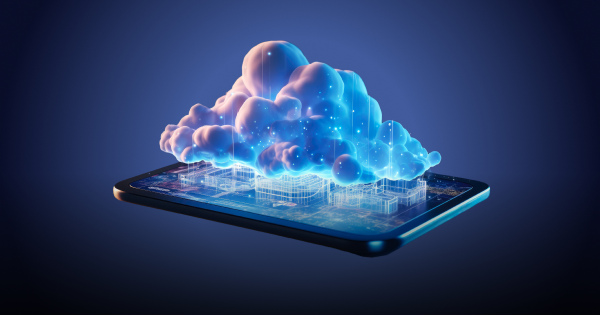Here come the superheroes!
Welcome to a new era, the digital era. I am convinced that in the future, we will look back at the beginning of the third millennium and realize this was the moment a new era has begun. The rules of the game are changing. We enter a new world of superheroes, aka Digital Natives.
Remember the time when we were all living in the anologue era? This ancient world was all about scarcity: scarcity of resources and raw materials, scarcity of communications means, scarcity of information, scarcity of means on how to reach your audience.
In the new digital world, we are literally collapsing under the abundance of the offer. By choosing bits over atoms, some basic economy rules have immediately become obsolete. There is no technical limit anymore when it comes to the distribution of immaterial products and services. Before, if we wanted to share a good, we had to divide it. Two verbs that had become synonyms. In the digital world however, when we want to share a digital good, it is multiplied and value is created ex nihilo. Cultural goods and knowhow have become benefits for everyone. Music, films, games, television, books,… : very little of the cultural production escapes this groundswell. Knowhow is available in all digital channels, websites, forums, blogs, e-mails, online communities, starting with Wikipedia. Even relationships between people are multiplied, as shown by the success of social networks such as Facebook and Twitter.
In just a few decennia, the Digital Immigrants will have left the building. The world will be made of nothing but Digital Natives, a new generation that has never known a world without the Internet. A generation that considers smartphones as an integrated part of their existence, as to them, it will be the most natural thing to be continuously connected to a network.
The human species has undergone a technological mutation. Without us knowing it, and it has happened more quickly than a DNA evolution. Digital Natives are similar to the cyborgs we can read about in the sci-fi novels of the middle of the 20th century. They have superpowers that were barely imaginable a hundred years ago. They have godlike skills: they have instant access to almost all information via Google, to video via YouTube, to knowledge via Wikipedia. They are informed about every event throughout the world, via Twitter and RSS feeds. They know how their friends are doing via Facebook and Netlog. They can communicate in images and sound via Facetime and Skype. They can attend all events via Qik or Ustream. They can catch up on millions of works via Amazon Kindle and iBook. They can listen to music via Spotify or watch a movie via Netflix. They can record memories using photo or high-definition video. They can publish anything, anytime, anywhere, to all people around the globe, via their blog or podcasts…
This new generation will have access to infinite and inexhaustible libraries. As a result, they will gradually lose the willingness to consume. Why would they keep physical objects when everything is available via their keyboards, at ridiculous prices? Why would they continue to store boxes and CDs in their houses, when everything is available in a digital format? The simple fact of owning something will tend to disappear, at the same rate as all human knowledge is being digitalized.
The communicator in Star Trek, the cyberspace created by William Gibson, the newspeak of Oceania in 1984 by Georges Orwell, Xanadu by Ted Nelson, the futurist terminals of Minority Report by Philip K. Dick: they have become reality. As much so as Paul Otlet’s Mundaneum and the universal library of Borgès, who are two intellectuals how had both dreamed of total and absolute knowledge. It seems their project will be realised and finalised.
However, in this wonderful or monstrous digital world (the adjective depends on you being a consumer or a dealer in immaterial goods), these Digital Natives, demiurges beyond the barriers of the material, will still have one life, and a day will still have 24 hours. New technologies can multiply everything, but not seconds and minutes.
At the one hand we will have numerous sources of infinite joy, at the other hand time will still be finite. This anthropological mutation will force advertisers to fundamentally evaluate the relationship they have with their clients. Consumption will not be a goal and a value as such, so companies will have to learn how to transform their brands in vectors of meaning: how can my products, services, messages, campaigns, … help consumers to give added value to their existence? How can I help my clients to make the right choice out of an infinite availability of choices? How can I help them to make the choice that will really correspond to their needs and expectations?
In the coming years, companies will have to find answers to all these fundamental challenges…
Brice Le Blévennec
Our recent blog posts
See all blogs-
How is AI’s synthetic data enhancing User Experience Research? Technology

-
Web3.AI Rising : How new technology can add value to your business

-
How generative AI helped us create an e-commerce app – with personalised content – in just 2 weeks Technology

-
Can you build a foodie app in 3 days using Generative AI? (Spoiler alert: yes!)


